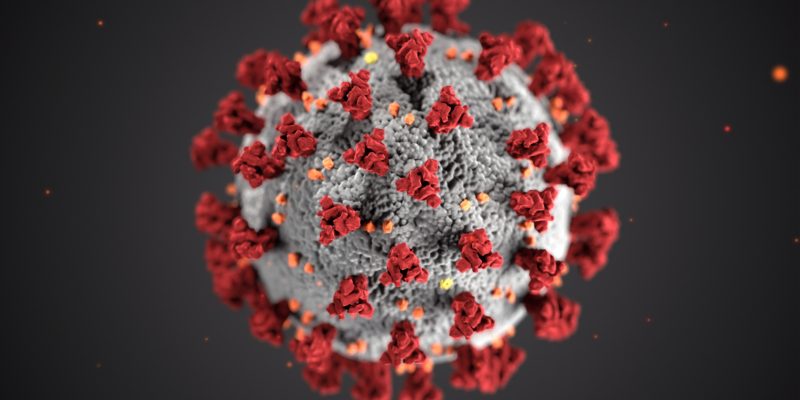
As many have seen in the news, the World Health Organization (WHO) declared COVID-19 a pandemic on March 11th. Shortly thereafter, President Trump declared the COVID-19 outbreak as a national emergency on March 13th. We understand the growing concern about this virus, and we want to reassure you that we are taking aggressive steps to mitigate any possible exposure in our research center.
A “coronavirus” (CoV) refers to a large family of viruses which causes illnesses ranging from the common cold to Severe Acute Respiratory Syndrome (SARS-CoV). In 2019, a new strain of CoV was discovered in China, and has now been detected in multiple locations internationally—including the United States. This virus, named SARS-CoV-2, causes a disease called “coronavirus disease 2019,” or COVID-19. Common symptoms of COVID-19 include fever, dry cough, shortness of breath, and difficulty breathing. In some cases, infection can result in pneumonia, kidney failure, and even death in severe cases.
As the concern for COVID-19 grows, we understand the importance of maintaining business continuity and taking immediate steps to protect employees, study participants and OCRC clients. We are committed to workplace health and safety practices including:
Additionally, prior to scheduling screening appointments, all clinical study recruiters will conduct phone interviews with potential study participants to inquire whether they have recently traveled out of the country, been on a flight, or on a cruise. If so, management will discuss the situation prior to scheduling any appointments.
While the immediate risk of exposure is relatively low for most Americans, this risk will continue to increase as the disease spreads. Those at even greater risk include the elderly and those with compromised immune systems and/or serious chronic medical conditions (such as heart disease or diabetes). Anyone returning from international travel is also at an increased risk of exposure, depending on their travel location.
As a member of the general public, there are steps that you can take in order to prevent the spread of COVID-19. At the moment, there is no vaccine to protect against the disease. The best form of prevention is to avoid exposure to the virus as much as possible. In addition to regular hand washing and covering mouth and nose while coughing or sneezing, be sure to also avoid close contact with anyone who may be showing symptoms.
Depending on your situation, practicing isolation, quarantine, or social distancing is advisable. Isolation applies to those with the virus, who need to prevent transmission of the disease by separating themselves from those who are not. Those who are not necessarily infected, but have been exposed to the disease, should quarantine themselves until they know for sure that they have not contracted the disease.
Social distancing is something that everyone should be practicing, whether they have been exposed to COVID-19 or not. It is the best method to keep people from interacting closely in large groups in order to prevent the spread of the virus. Social distancing results in the closing of many schools, events, and businesses in order to keep the disease at bay, and involves opting to stay home whenever possible.
As news regarding COVID-19 continues to evolve, it’s important to stay educated. Centers for Disease Control and Prevention (CDC) and the World Health Organization (WHO) provide plenty of information about the disease, including prevention tactics, frequently asked questions, and even COVID-19 clinical trials. Additionally, the New York Times is currently allowing access to all coverage relating to COVID-19, with or without a subscription. These sources are doing their best to provide timely, accurate information regarding the pandemic. It’s sensible to use these as primary sources of information rather than social media feeds.
We wish everyone good health during this difficult time. We’re all in this together.
